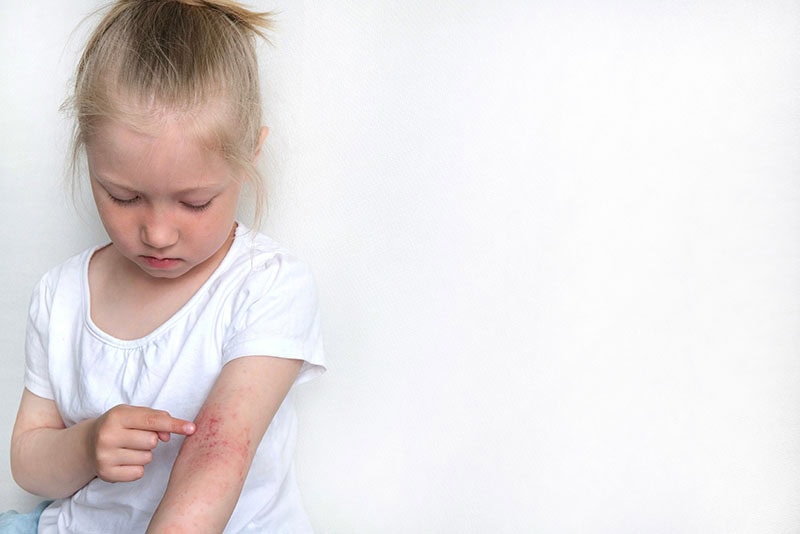
Parenting a child with allergies can be an emotional journey, filled with challenges and concerns. It’s essential to approach it with empathy, understanding, and a wealth of information as it will help create a safe space for your little one. In this blog post, we’ll explore the emotional aspects of navigating allergies in children while providing practical advice.
Understanding the Emotional Impact
Discovering that your child has allergies can easily produce a range of emotions, from worry and frustration to fear and sadness. It’s important to acknowledge and process these feelings, recognizing that you are not alone in this journey. Seeking emotional support from friends and family is important, as is a close clinical relationship with your Redwood physician. Avoid medical advice from websites and online communities. While often well-meaning, every child is an individual. What works well for one allergy sufferer may cause real harm for another. Only a doctor who knows your child can give you the individualized care and advice you need.
Creating a Supportive Environment
- Home is Always Safe: Create a space in your home where your child feels at ease and secure. This includes providing allergy-friendly meals, safe zones, and open communication about their physical and emotional needs.
- Be and Teach Advocacy: Educate your child about vocalizing their concerns and boundaries with their health in all situations. Instill confidence in communication about their allergies to their friends, classmates, and caregivers.
Make it a Team Effort
- Partner with Your Schools: Establish strong partnerships with your child’s school or daycare. Collaborate with teachers, admins, and lunchroom staff to create an allergy-friendly environment. It’s always best to provide written instructions and emergency action plans.
- Consider Educating the Community: If time and capacity permits, you can offer to conduct allergy awareness sessions for your child’s class and education team. This can help everyone understand the importance of a safe and supportive environment.
Always Be Prepared
- Develop a complete allergy action plan in conjunction with your child’s physician. You can then share this plan with caregivers, teachers, and anyone responsible for the well-being of your child.
- Keep an organized emergency kit with necessary medications, directions and contac tinformation. One for home and one for the car/school/grandparents etc. is a great idea. Make sure your child is involved in this process too, so they know where the kit is located and how to use it in an emergency.
Prepare Yourself and Your Family
Navigating allergies in children is a journey that demands patience, compassion, and a commitment to education. It’s imperative to remember that you are not alone. Rely on emotional support from your family, friends and the reassurance that you have a great doctor from Redwood by your side. Here at Redwood, we are prepared to assist you in creating a safe environment for your child.



